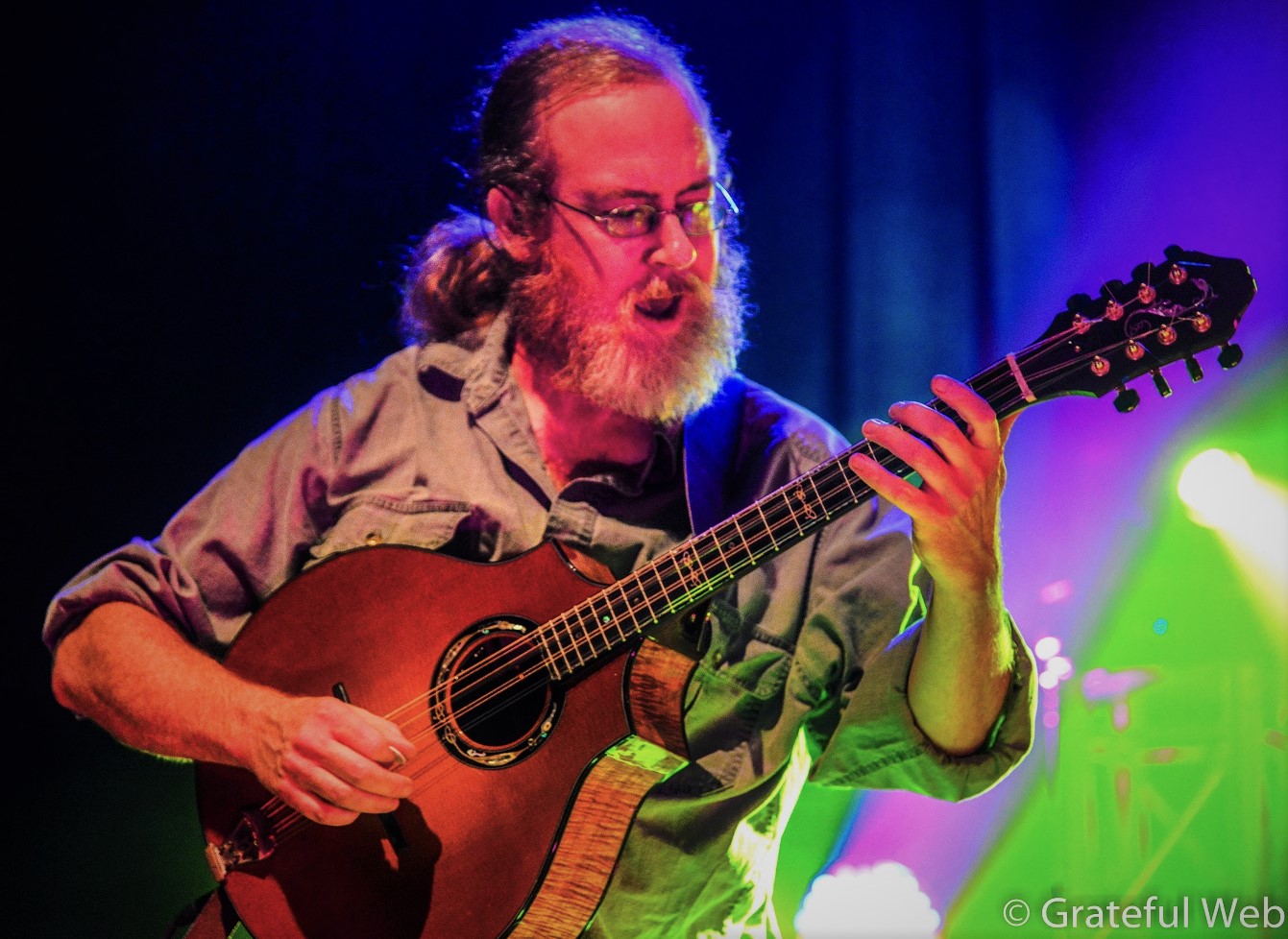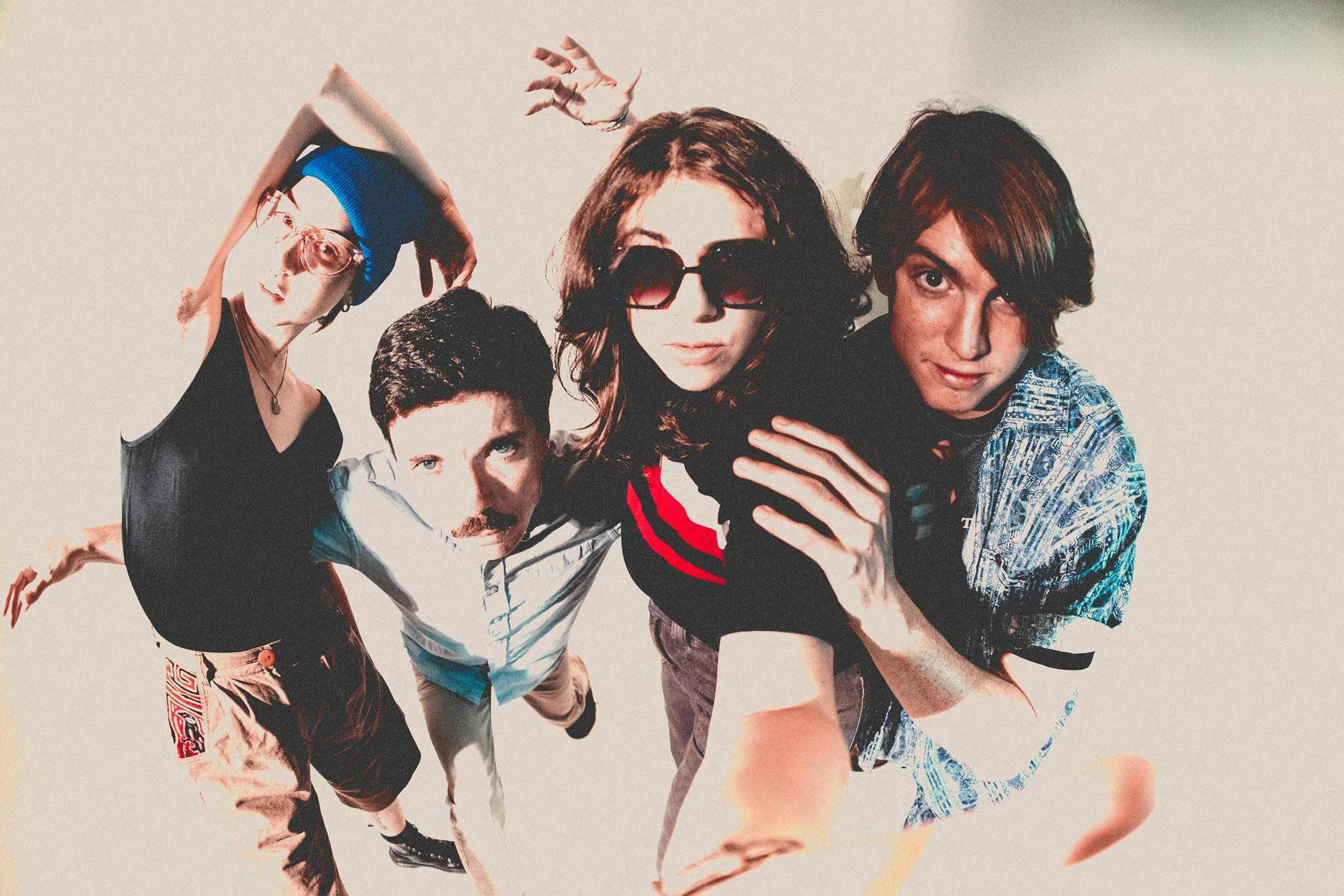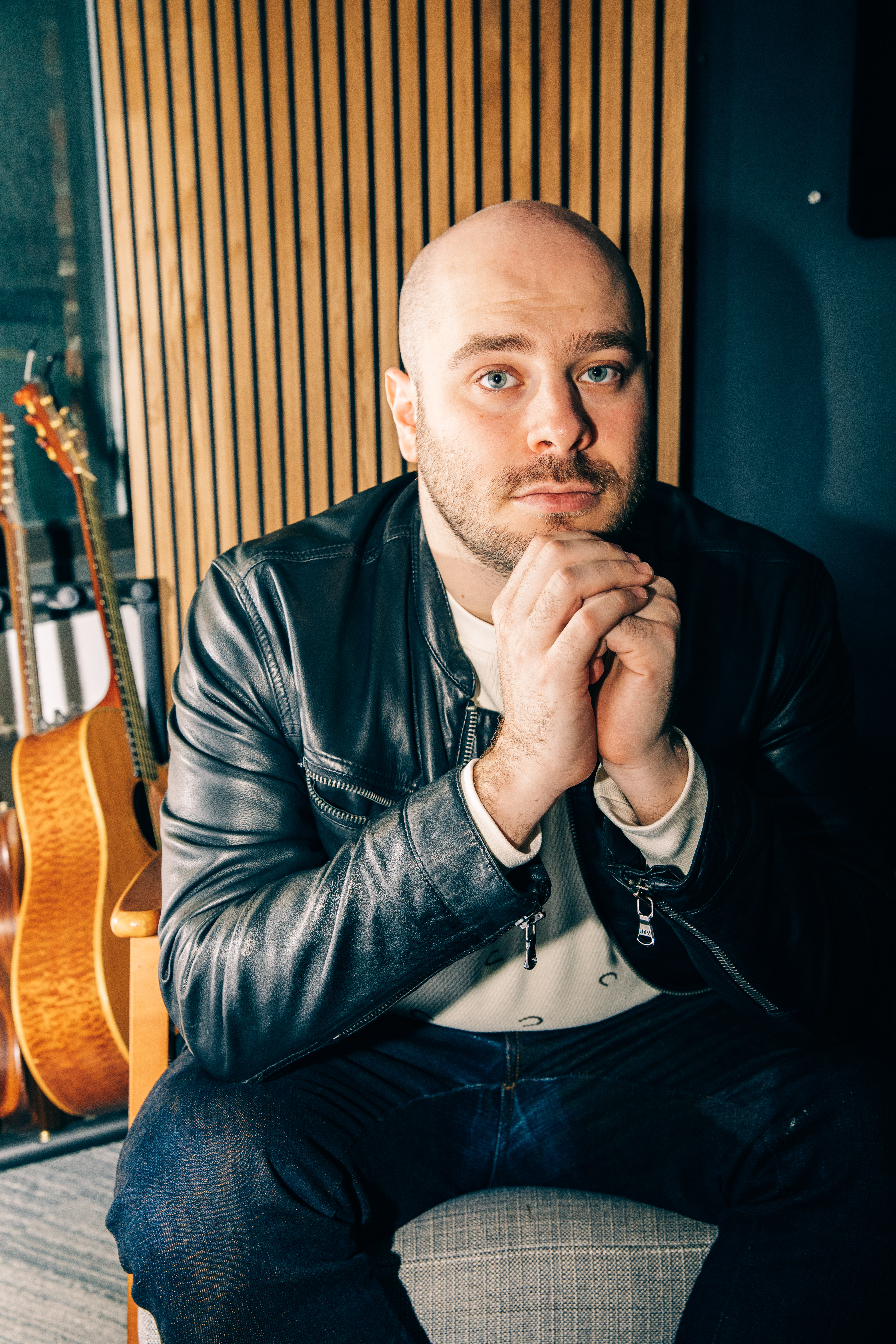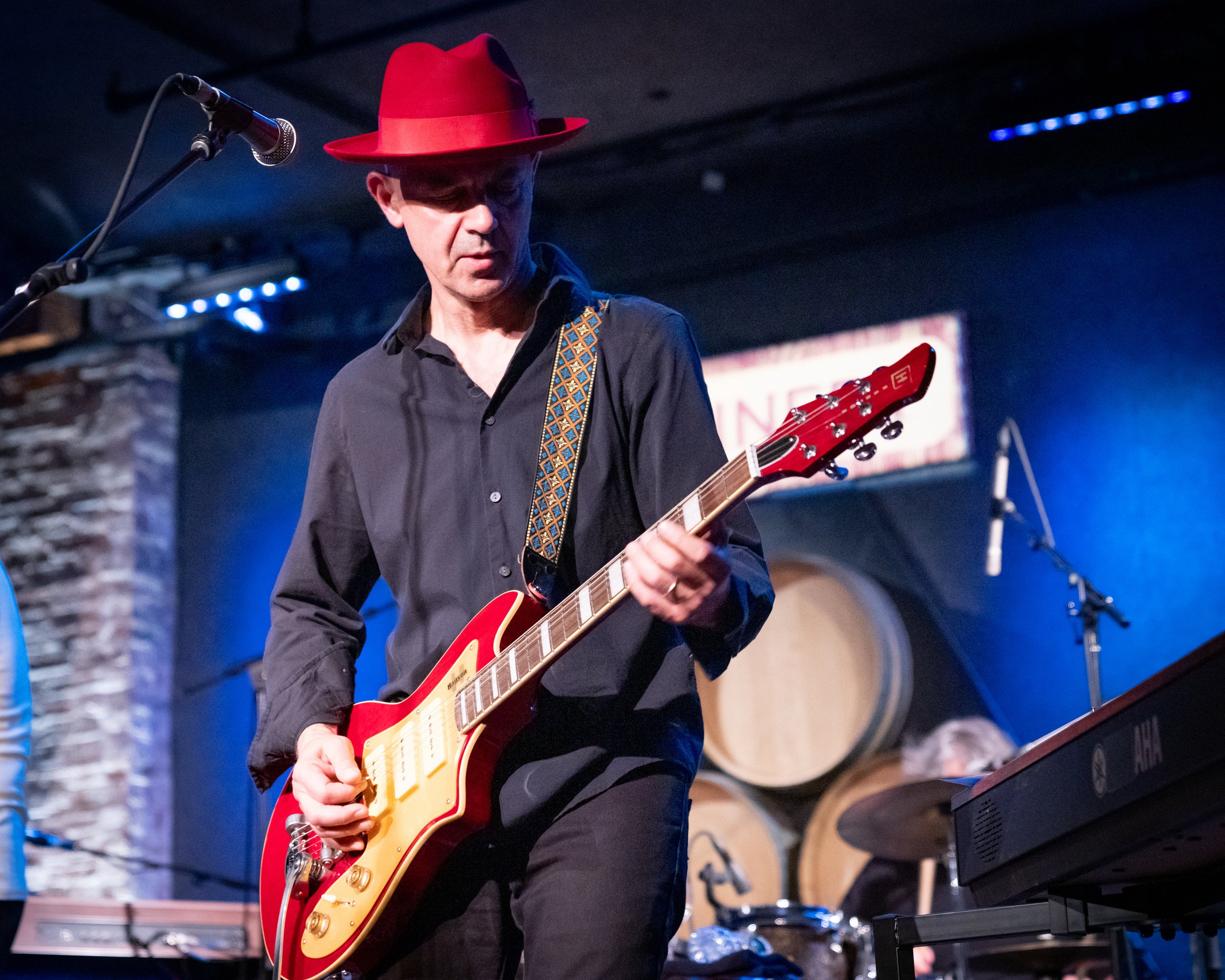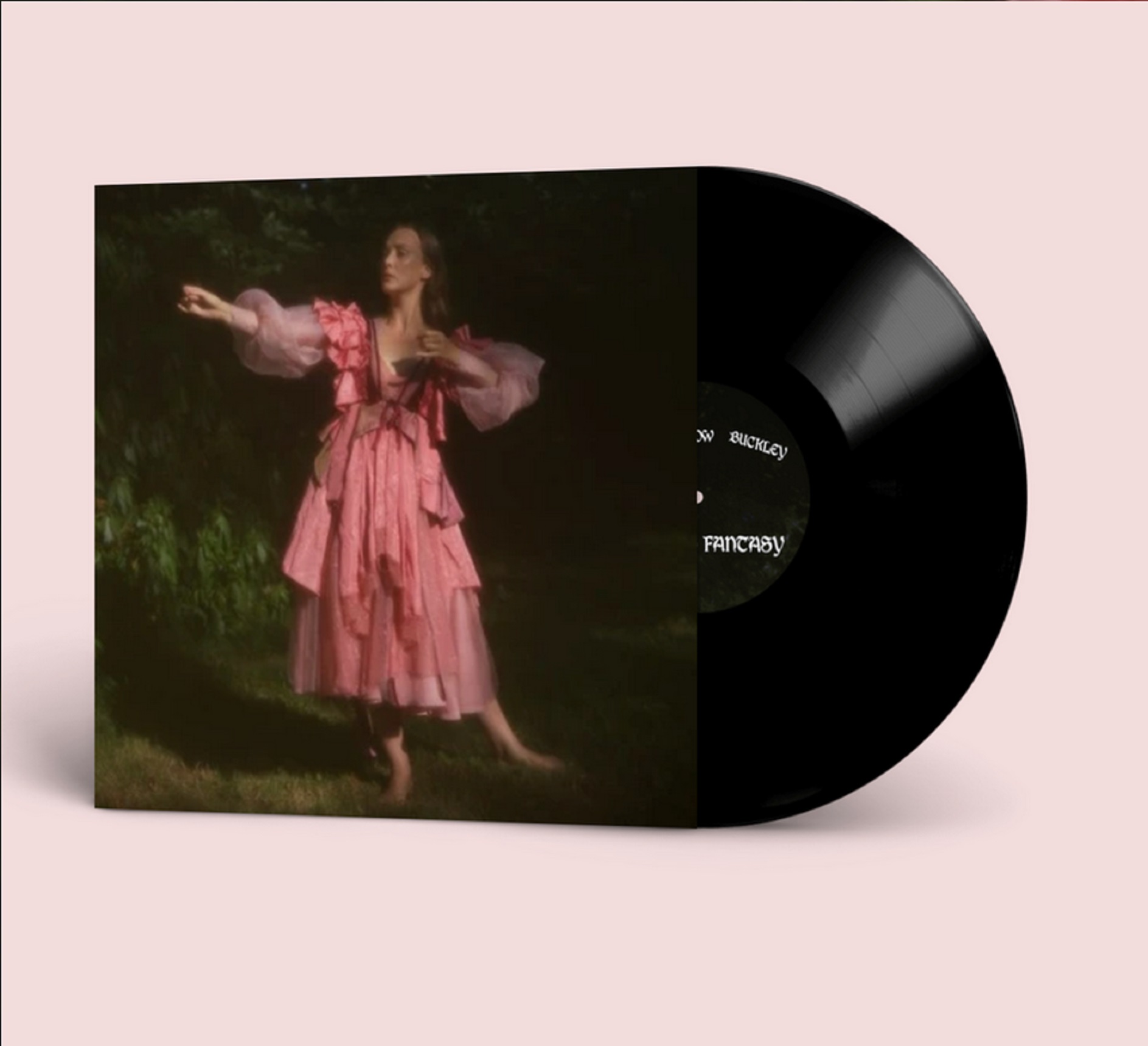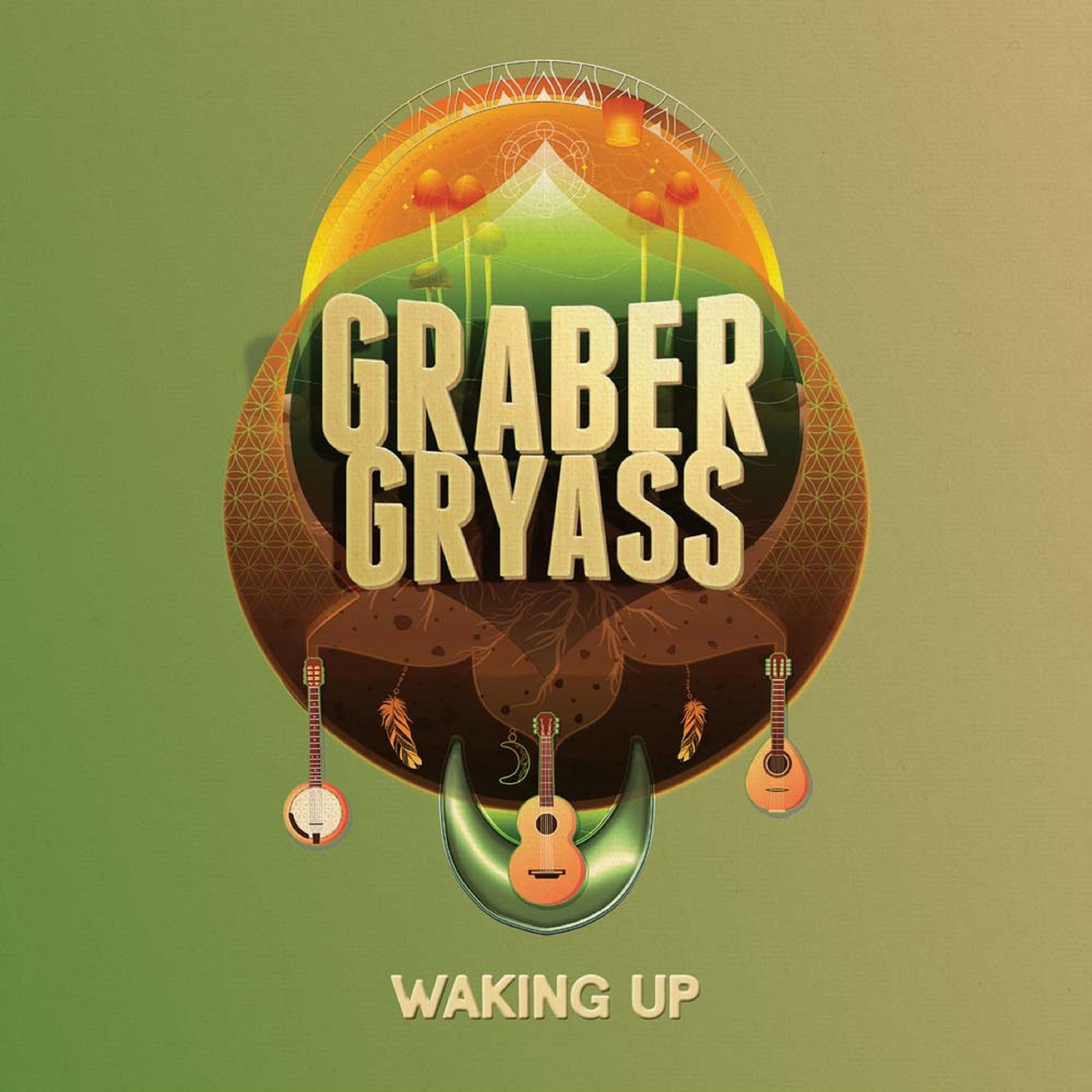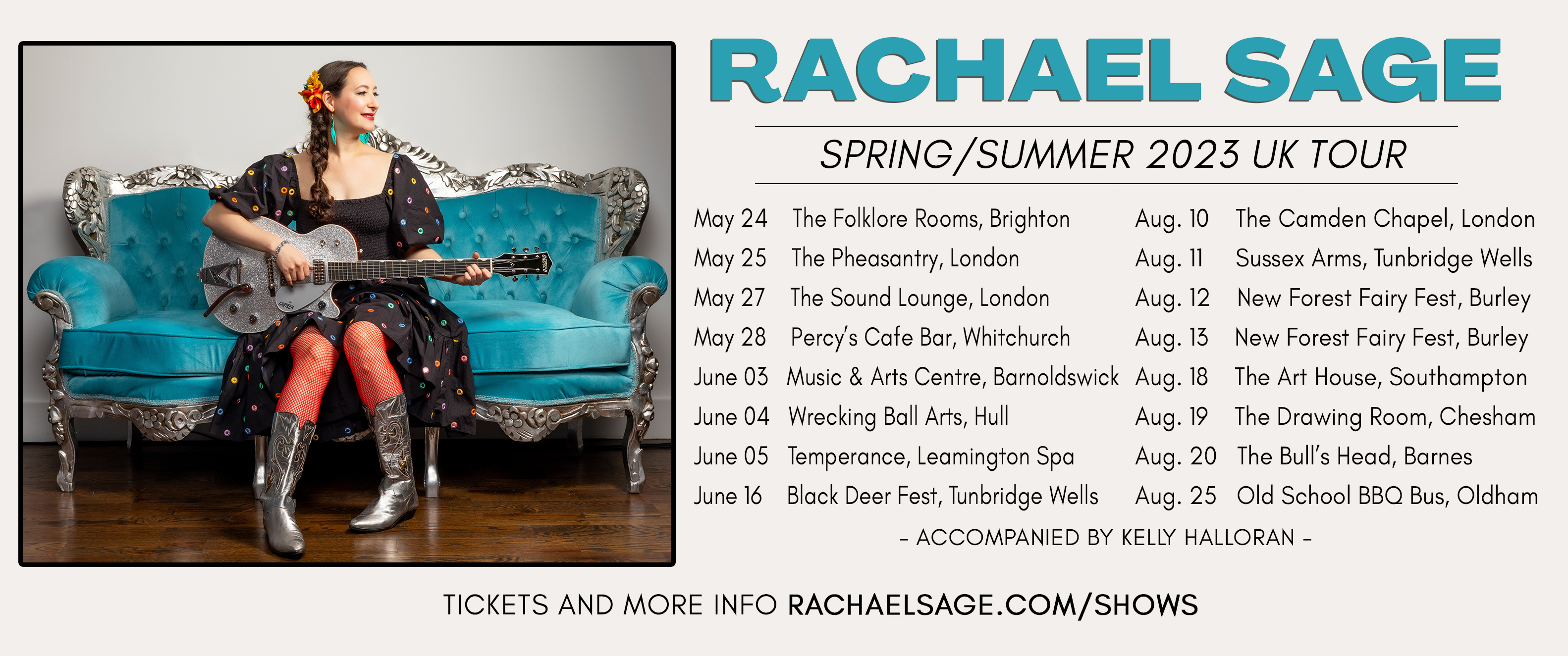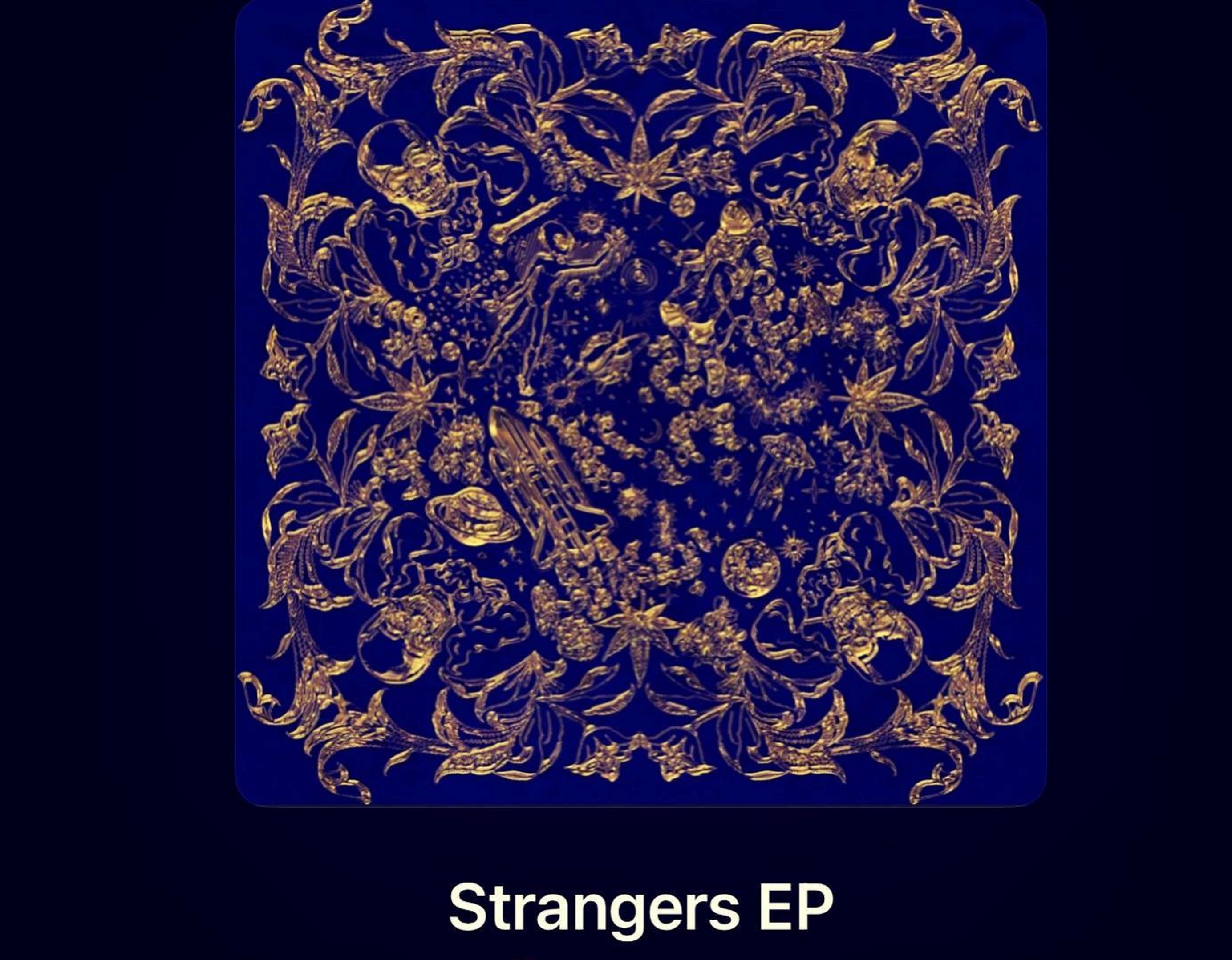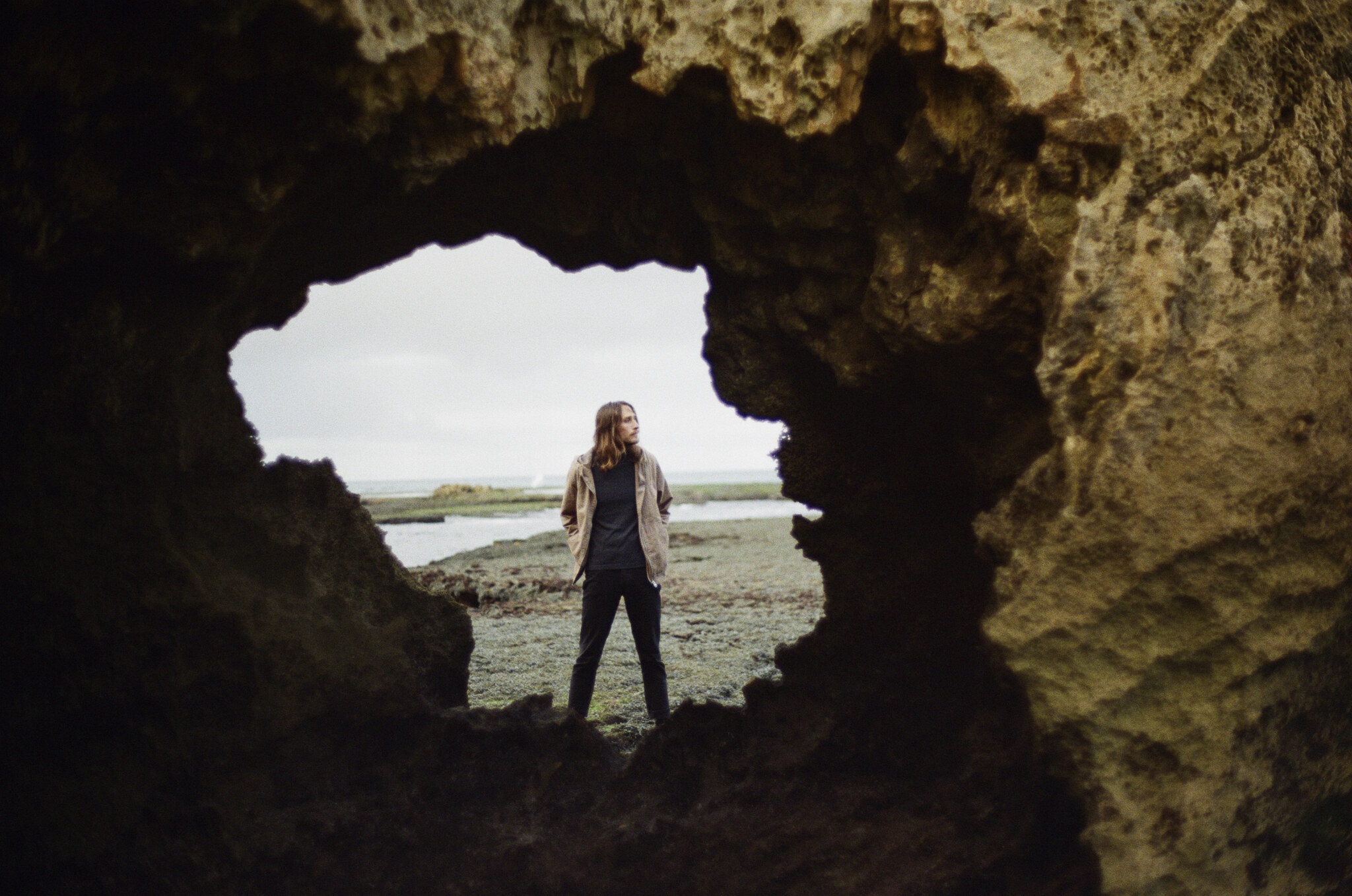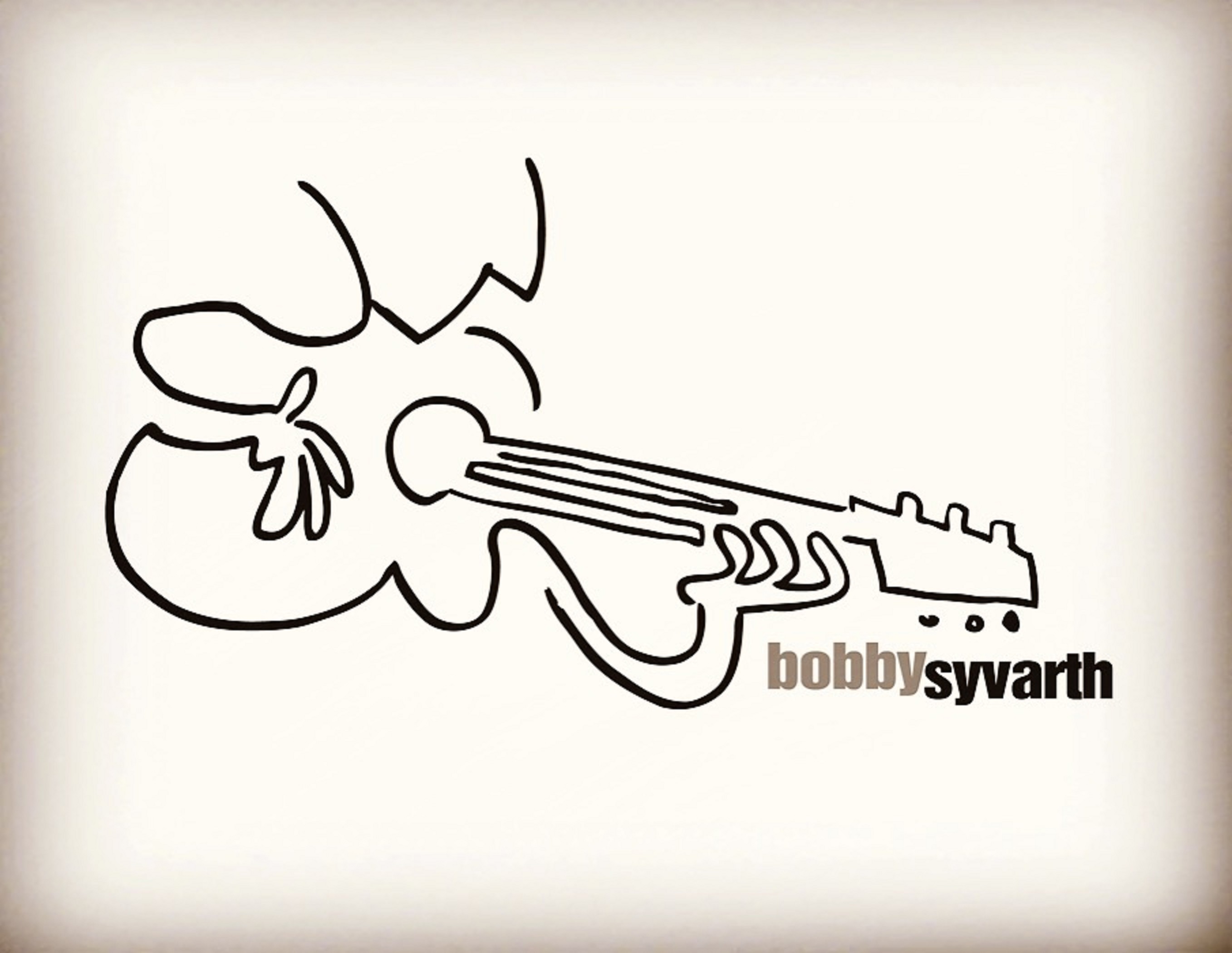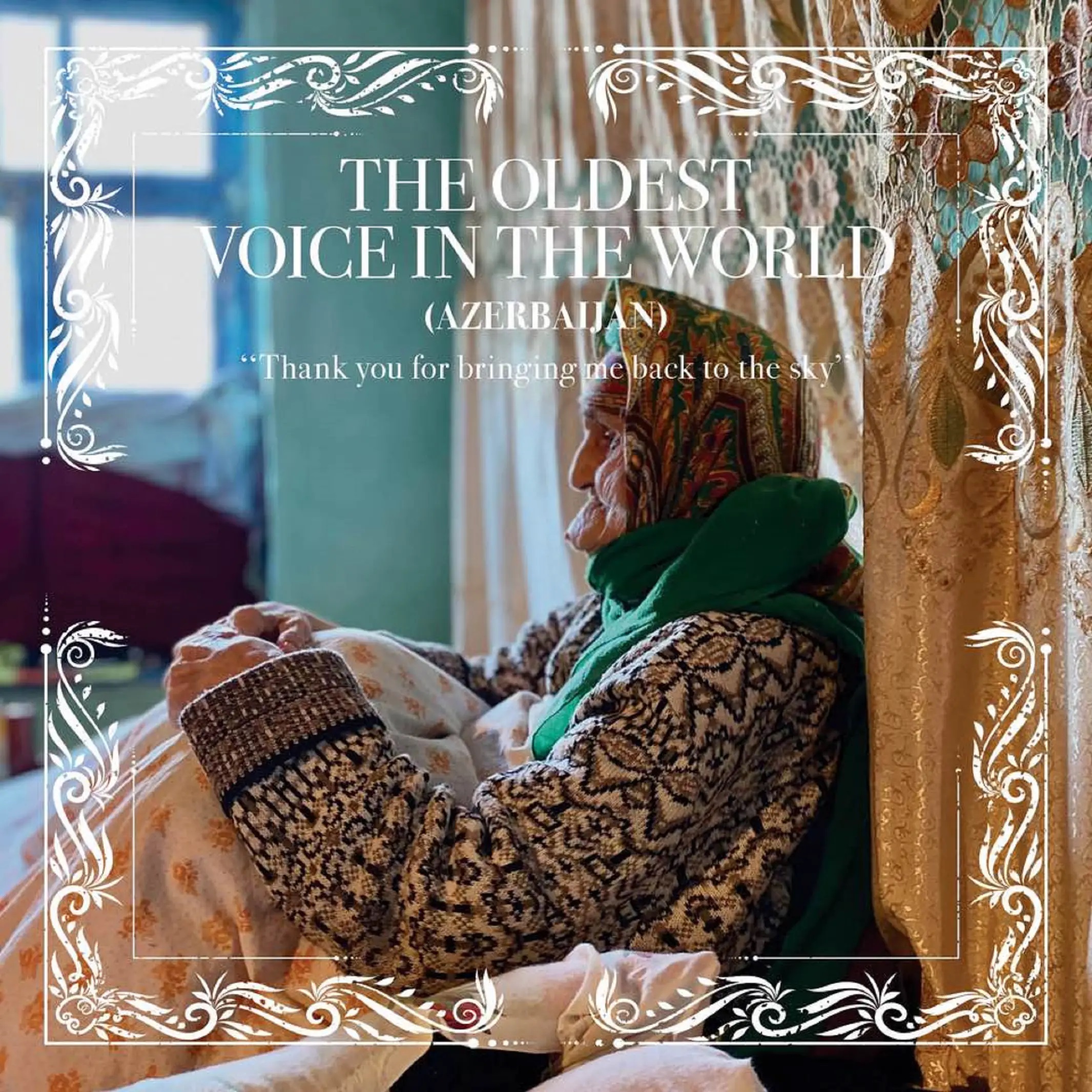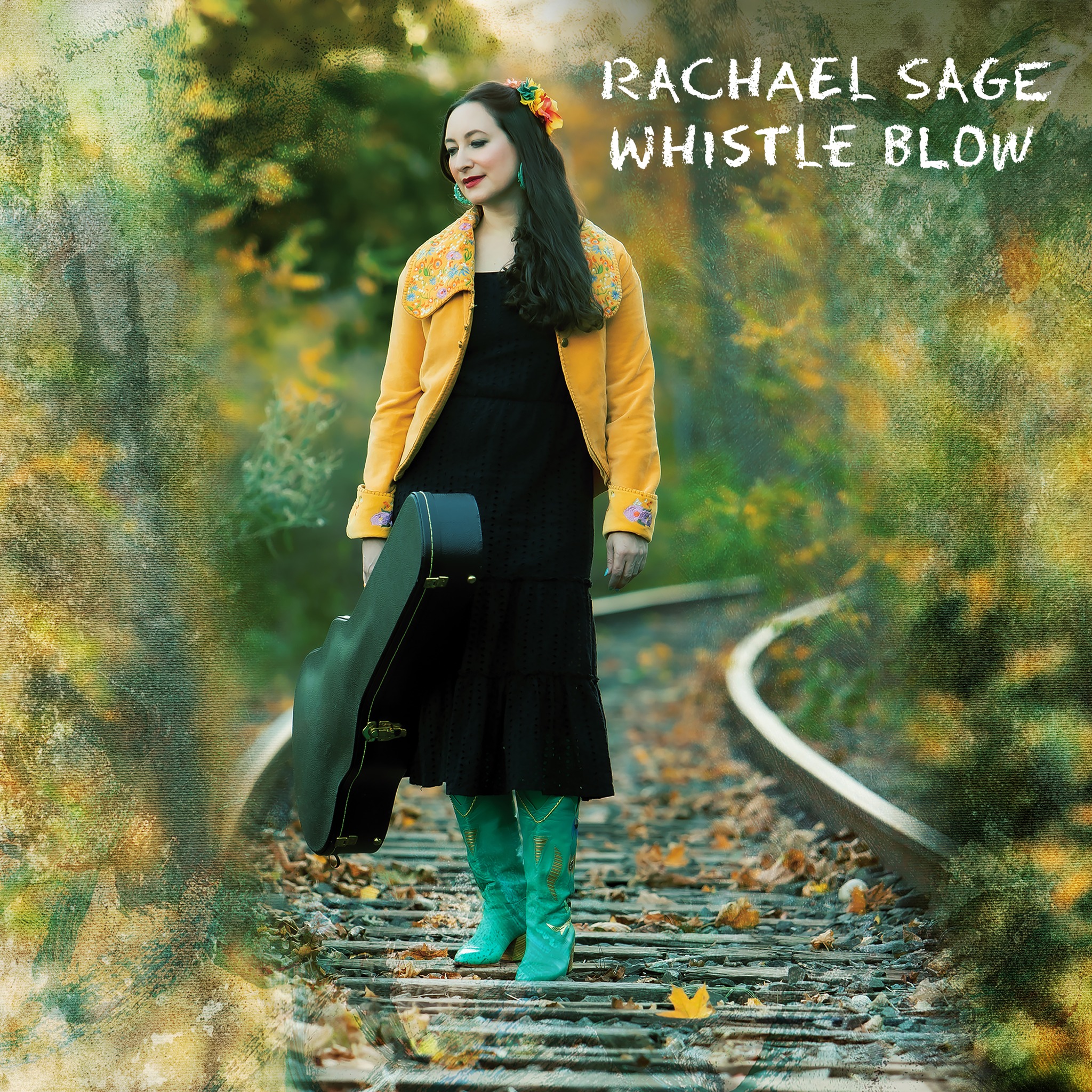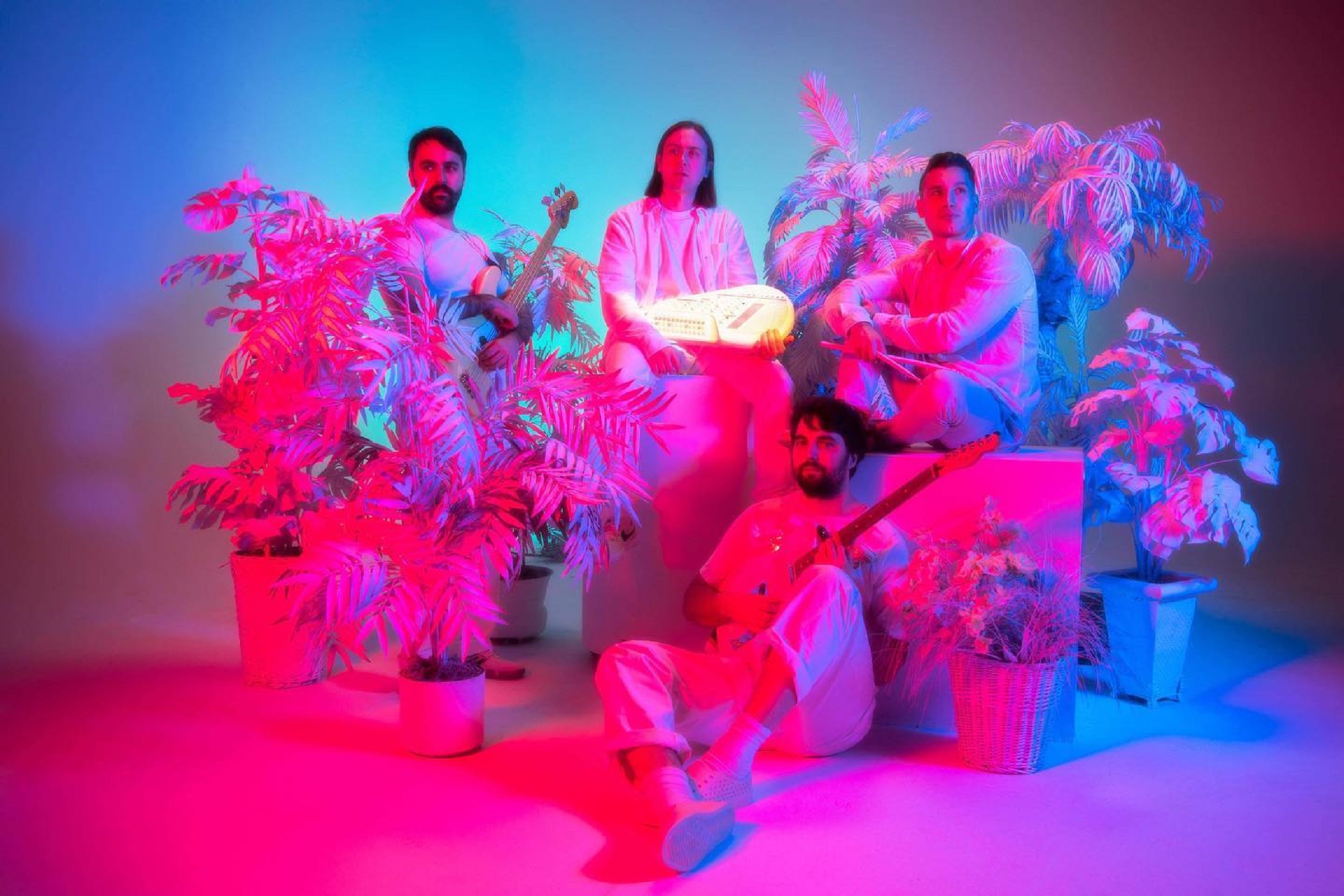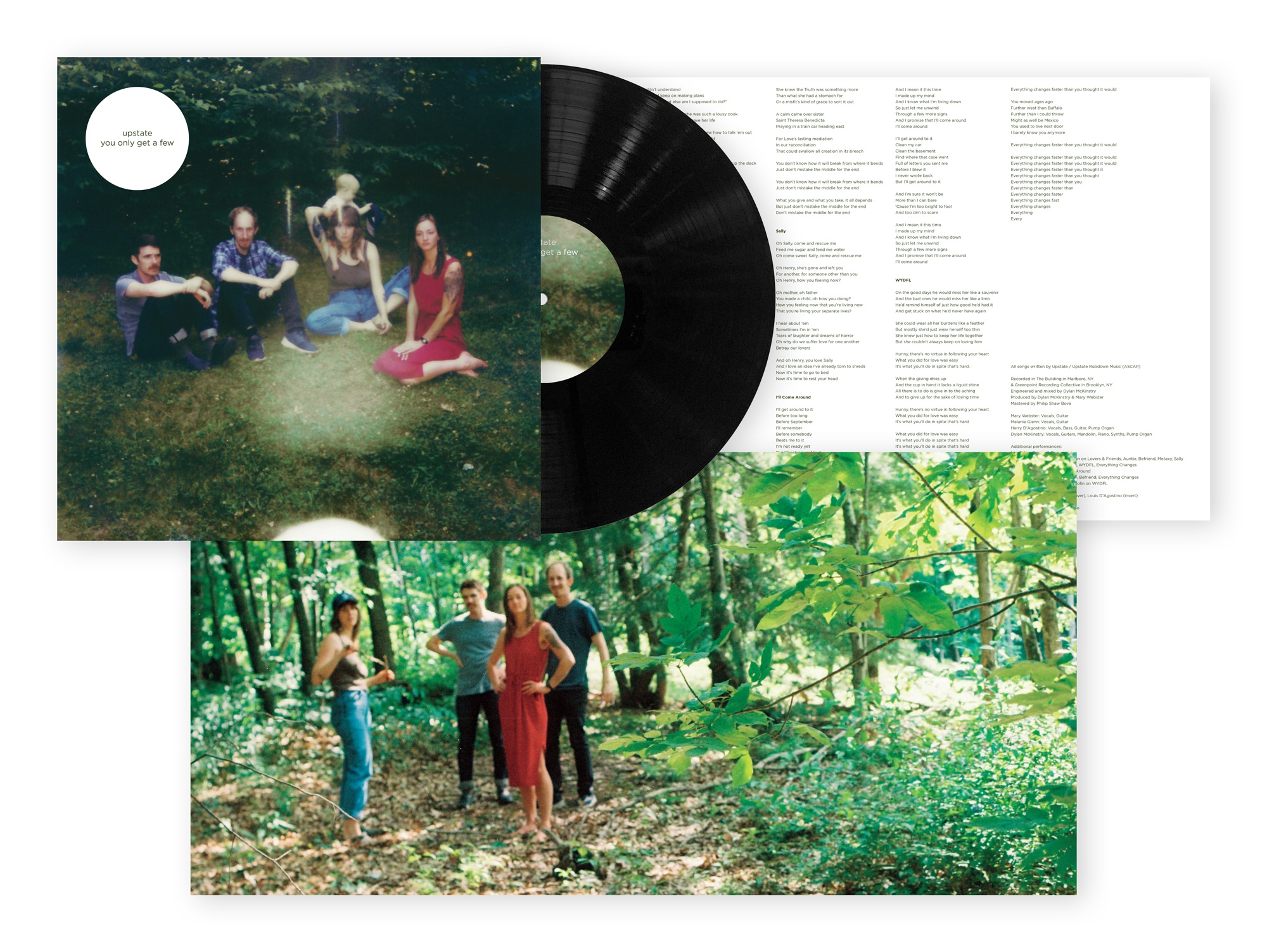Railroad Earth will be celebrating New Year’s Eve in Chicago at the Vic Theatre for a two-night bluegrass extravaganza, featuring the legendary Peter Rowan. Friday night’s show is a tribute to Peter Rowan’s former outfit, Old & In The Way. The party kicks off at 8:00 on both nights. | Get tickets here: 12/30/22 | 12/31/22
This past week, mandolinist and pianist John Skehan of Railroad Earth sat down with Grateful Web to discuss the upcoming show in Chicago with Peter Rowan, and the inspiration behind their most recent album, All For The Song. Read on below for an in-depth view into the creative mind of John Skehan, as he shares his sincerest reflections on losing bandmate and friend Andy Goessling, his major influences, and what it means to be an artist.
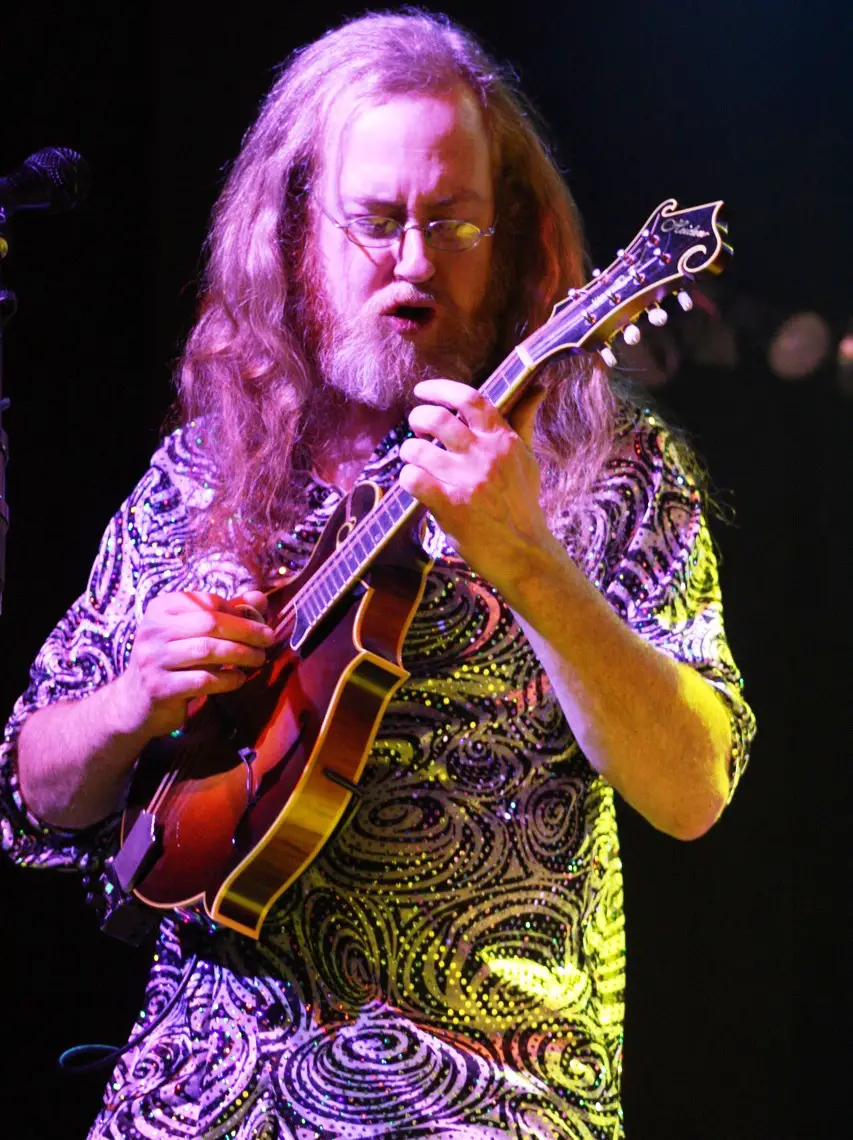
GW: I am interested in the inspiration for Railroad Earth’s most recent album, All For The Song, which was released on April 22, 2022. Is there anything, or anyone specific, that influenced the direction RRE decided to take on that album?
JS: “We went into the studio in January of 2019 to begin work on All For The Song. Andy [Goessling] had just passed away three months earlier in October of 2018. It was an extremely painful loss after a year and a half of uncertainty. Andy had to step out of touring for a while to undergo treatment during spring of 2017, which went well enough for him to rejoin the band for a full fall, winter, and spring of touring into 2018. He was back and in great shape, playing beautifully as ever, and we still didn't know at that point that we were ultimately bound to lose him. I guess you could say we went into the studio at that point as a healing process, something to document that moment in time that had changed everything for all of us. The world was no longer the same. The band and brotherhood that we had known for eighteen years was forever altered. For the first time we sat in a studio realizing that we were now five, instead of six. It was certainly a time to look at where we were, as well as look back on everything that we'd experienced since the start. Todd states it quite nicely in the opening lyric to the title track: ‘If I told you all about it, your head would spin’.”
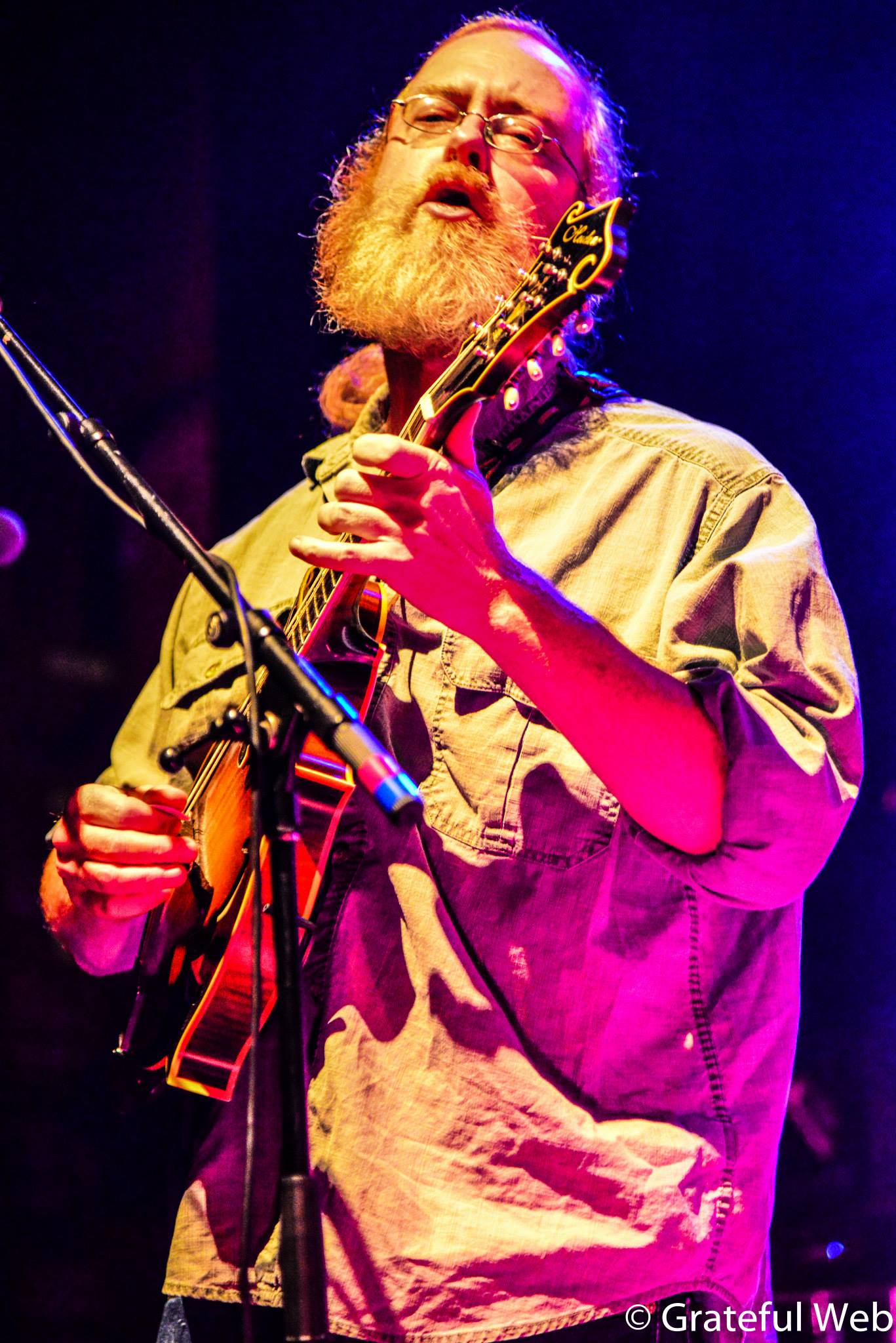
GW: How did you end up collaborating with Anders Osborne? Why did you choose to work with him, and also record in his home city, New Orleans?
JS: “Anders is on the roster of our management company, and was suggested by Alex Brahl our manager. Anders is a deeply spiritual cat who has been through his own fair share of trials and tribulations, so I think he was a great choice to guide the band through a new project considering what we'd all just been through.”
GW: Do you have any memorable stories or experiences that stand out from your time while recording All For The Song?
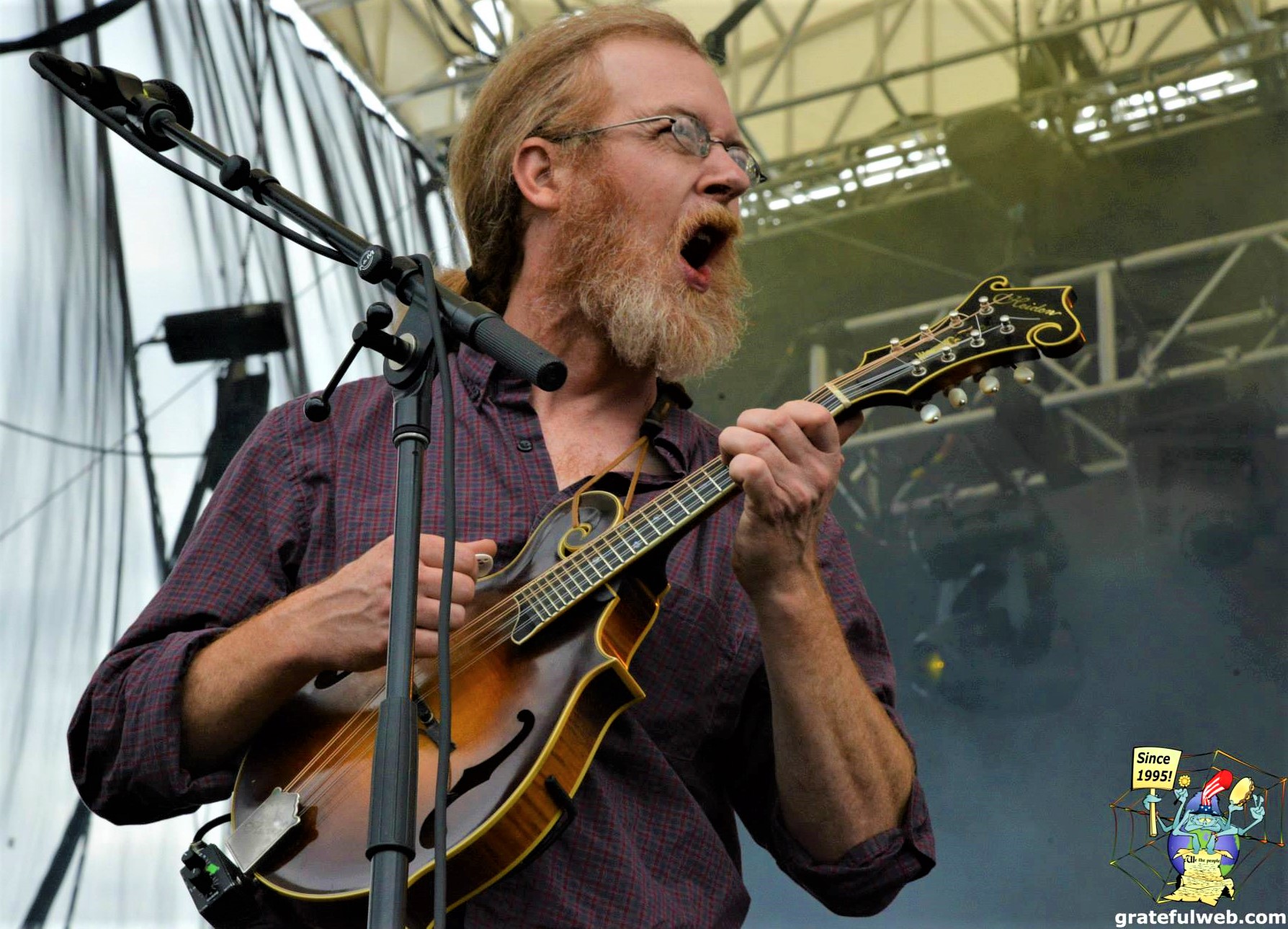
JS: “Well, we started playing some of the songs from the record on tour in early 2020, thinking that we'd be releasing it that year, then the pandemic hit. After being shut down for all that time, and then finally hitting the road again two years later, a song like "It's so Good" takes on a whole new meaning when you play it for a bunch of folks who have been isolated from one another for so long. ‘It's so good to be here again, seeing all of my friends in one place’.”
GW: How does this album compare to your others? What sets it apart?
JS: “Throughout our history of making records, we tend to alternate between self-produced projects— sometimes in a barn, an old house, or a studio close to home— and projects with a producer at the helm. This was the first time we'd actually left New Jersey for a destination project, so it really kept us focused within a concentrated week of daily sessions. Compared to some of the earlier self-produced records (Amen Corner, Last of the Outlaws) —where we'd set ourselves up in a space with a relatively open ended amount of time— we would just roll with lots of different songs, some jams or riffs that would eventually turn into a song, and record everything until we had what felt like an album. With this record, we went in with a list of mostly finished songs and arrangements, and just dug into trying to get the best performances of them.”
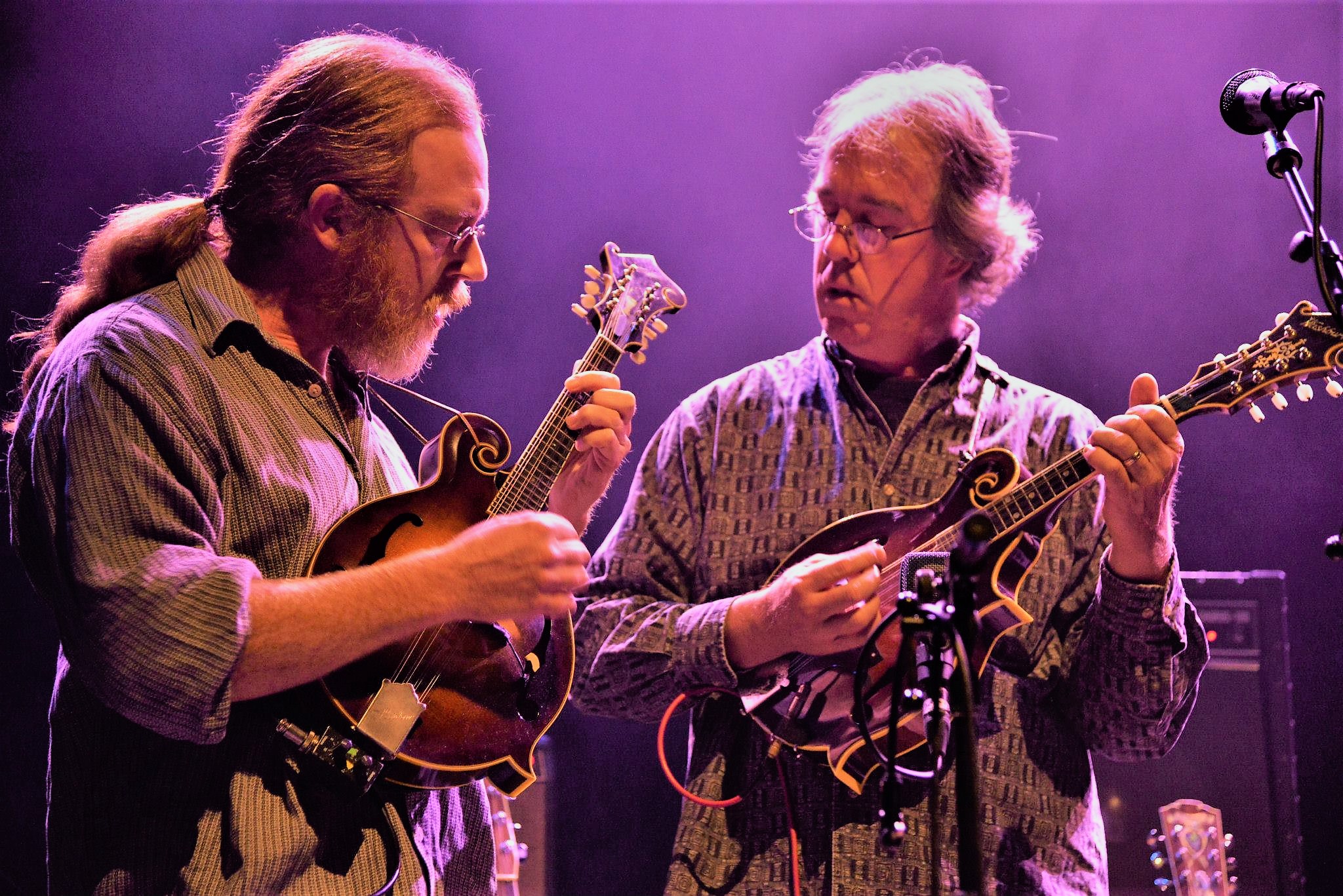
GW: Can you talk more about the time you spent with Andy Goessling?
JS: “Andy was a one of a kind musician in his towering ability, not just to play so many different instruments so very well, but also in his instinct to play just the right thing at the right time, always knowing what the song or the moment needed. He was a quiet gentle "old soul," kind of a personality, but he could also be funny as hell, and definitely provided a sort of calm grounding presence within the band. Andy just wanted to play, and was always headed out with his mandolin, or a flute and a horn, looking for another jam session or someone to sit in with after a gig or a festival set, no matter how tired or fried from being on the road any normal human would be. He was a musical Swiss-Army knife who brought such a wide palette of sounds to the band. it was always interesting to see new fans or audience members— who may not have previously been exposed to much bluegrass or acoustic music where such instruments are commonplace— absolutely marvel at this one guy who would switch from mandolin to banjo, then guitar to dobro, and back to banjo, all within the space of one set. Then, he'd further astonish them by picking up a flute, penny whistle, or clarinet, only to finally bring the house down by playing alto and tenor sax— at the same time! A one-man horn section, who could also play every string instrument there was. In his spare time at home he collected and played antique Zithers. For fun. His absence has left the band forever changed, as there is only one Andy Goessling, a musician and a spirit that is irreplaceable, but, as Andy would have done, you keep on going, you explore new sounds, and always remember that it is— All for the Song.”
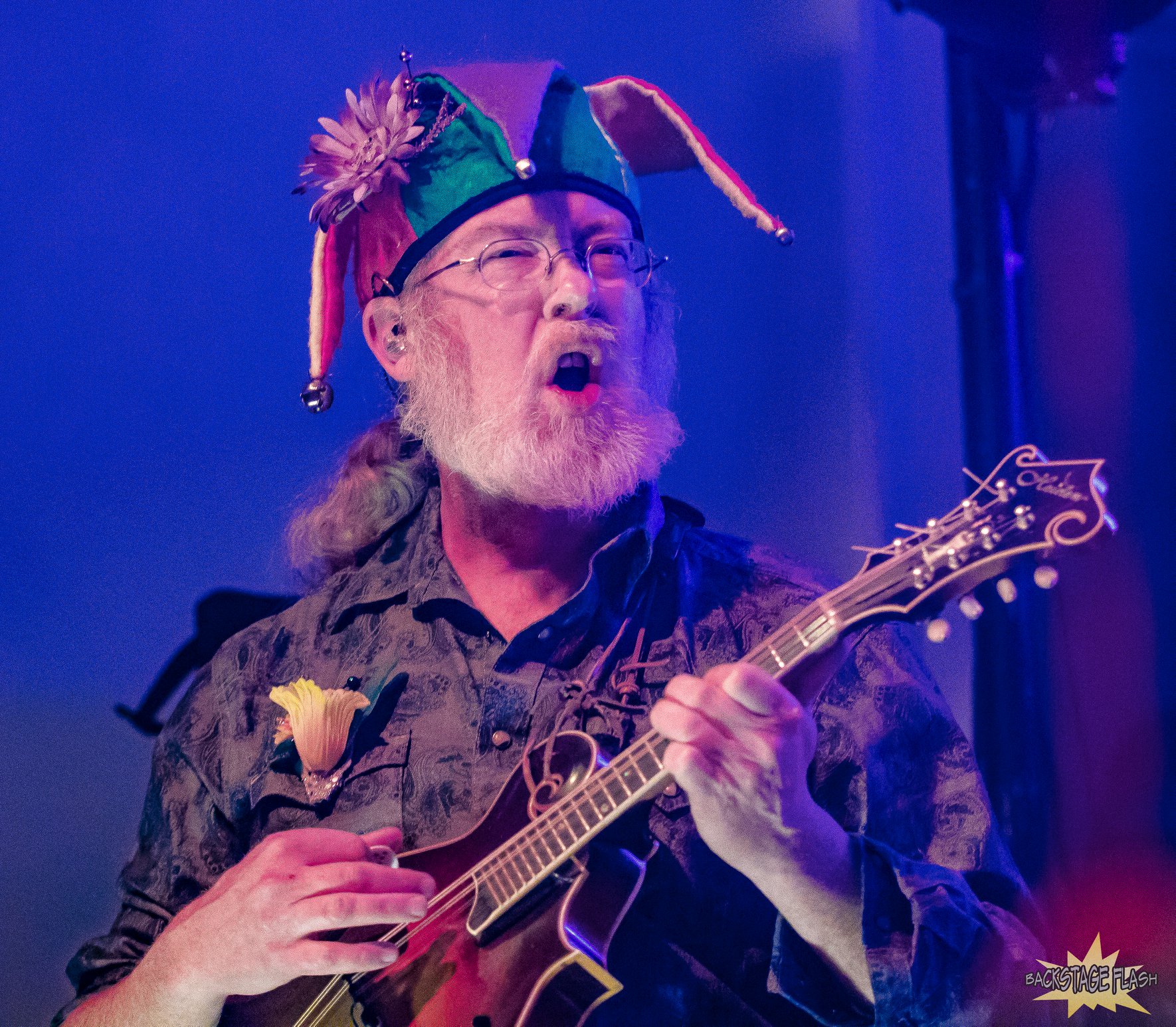
GW: You are performing a two-night run with Peter Rowan on NYE in Chicago. What do you enjoy most about working with Peter Rowan? What excites you most about that particular collaboration?
JS: “Peter has always been a hero of mine, so getting the chance to make music and develop a friendship with him is one of those surreal life-defining experiences. Hearing the Old & In The Way record for the first time was a game changing moment for me. Suffice to say, like many of us in the newgrass, jamgrass, americana world, I likely wouldn't be doing what I am today without the influence of that record and Peter's unique voice as a songwriter. Working with Peter is like being guided by a Shaman. The journey may unfold in unexpected ways and the destination may be uncertain, but there will be an abundance of wisdom to be gained along the way.”
GW: As a fellow creative spirit, I am curious about your creative process. I love the spontaneous moment when inspiration strikes. I am so present and in the moment while it flows through me. I also love the revision/polishing/fine-tuning stage. Putting all those creative juices in a pretty container. What excites you most about the creative process?
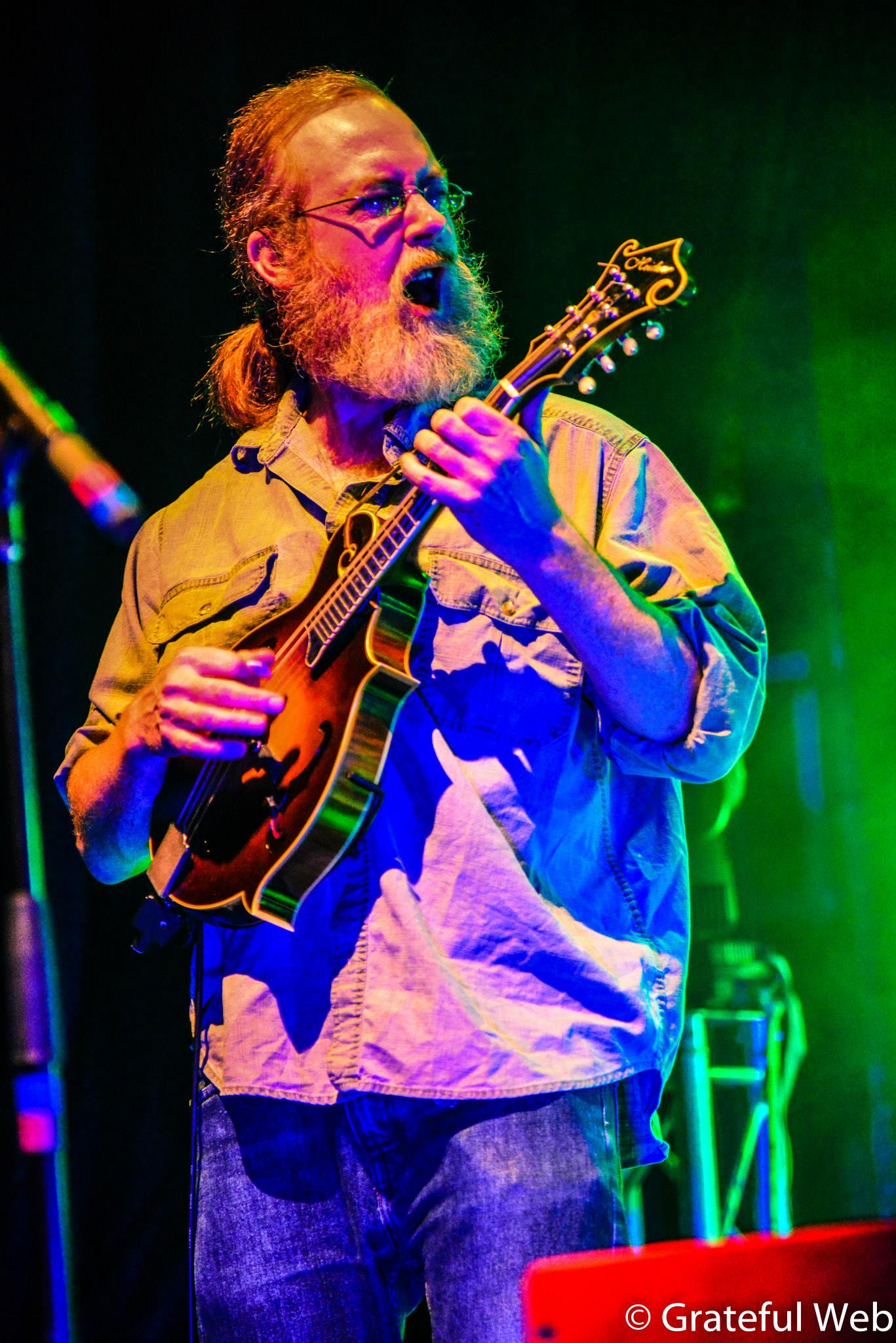
JS: “It's always the beginning stages that I find most exciting. Knowing that you've started something that feels like it has potential, but not quite knowing where it will go or how it will turn out. Sometimes it may stall out a bit, but then when you find what you need to complete it, it comes at you with such clarity that it feels like you're finding something that already existed, something that needed a channel to be realized. A lot of it can be just about getting out of your own way.”
GW: Why do you create, and what need does that satisfy?
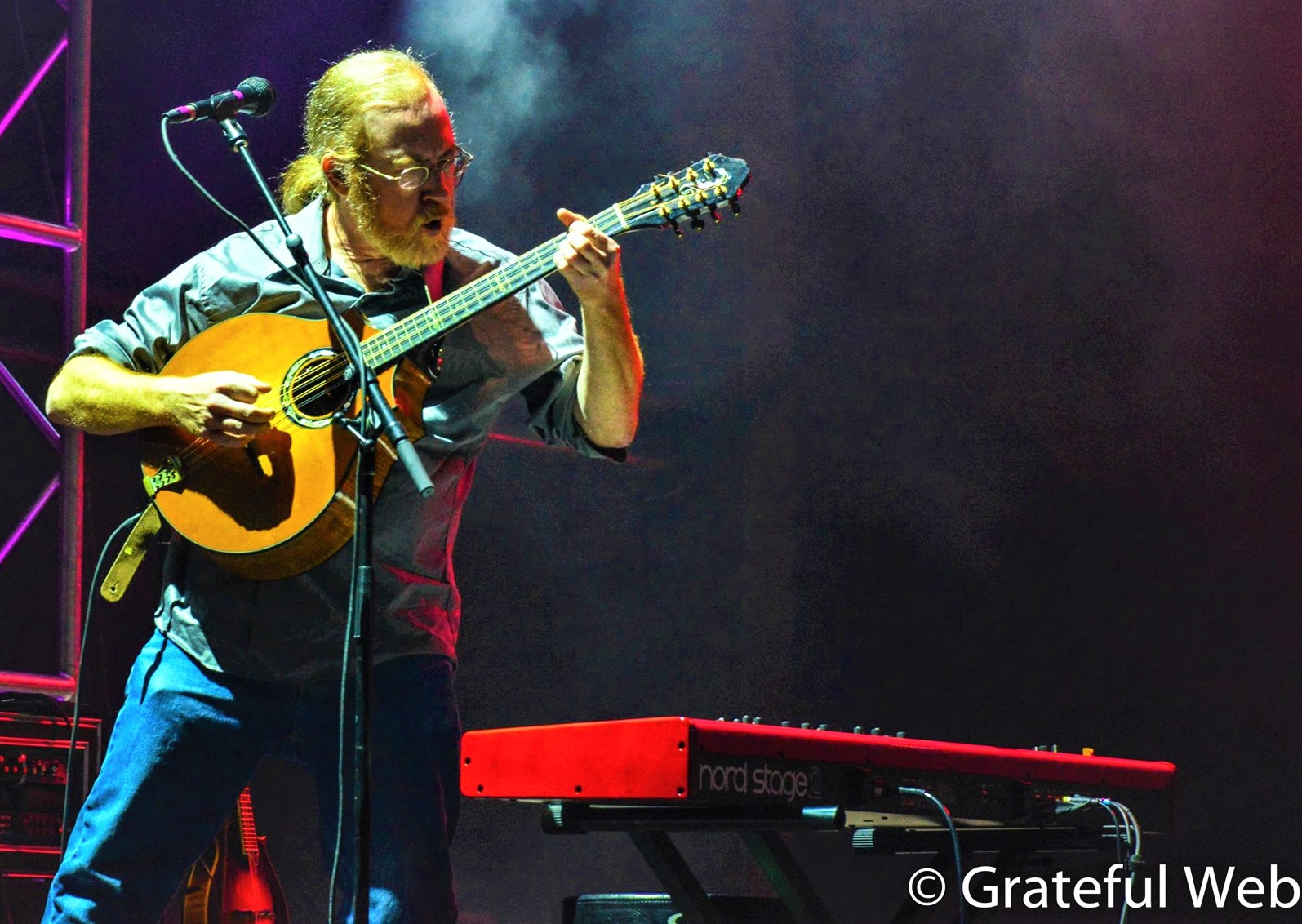
JS: “That's a tough question and I suppose it means something different to everyone. One reason might be to make something that simply says, “I was here.” Other than that, I always fall back on one of my favorite quotes from Glenn Gould, “The purpose of art is not the release of a momentary ejection of adrenaline, but rather the gradual, lifelong construction of a state of wonder and serenity.”
GW: What do you like to do outside of music that contributes to your art, or how do you rejuvenate your creativity?
JS: “I like sanding and staining wood, doing trim projects around the house, door and window trim, baseboard, crown moulding, shelves, and bookcases.”
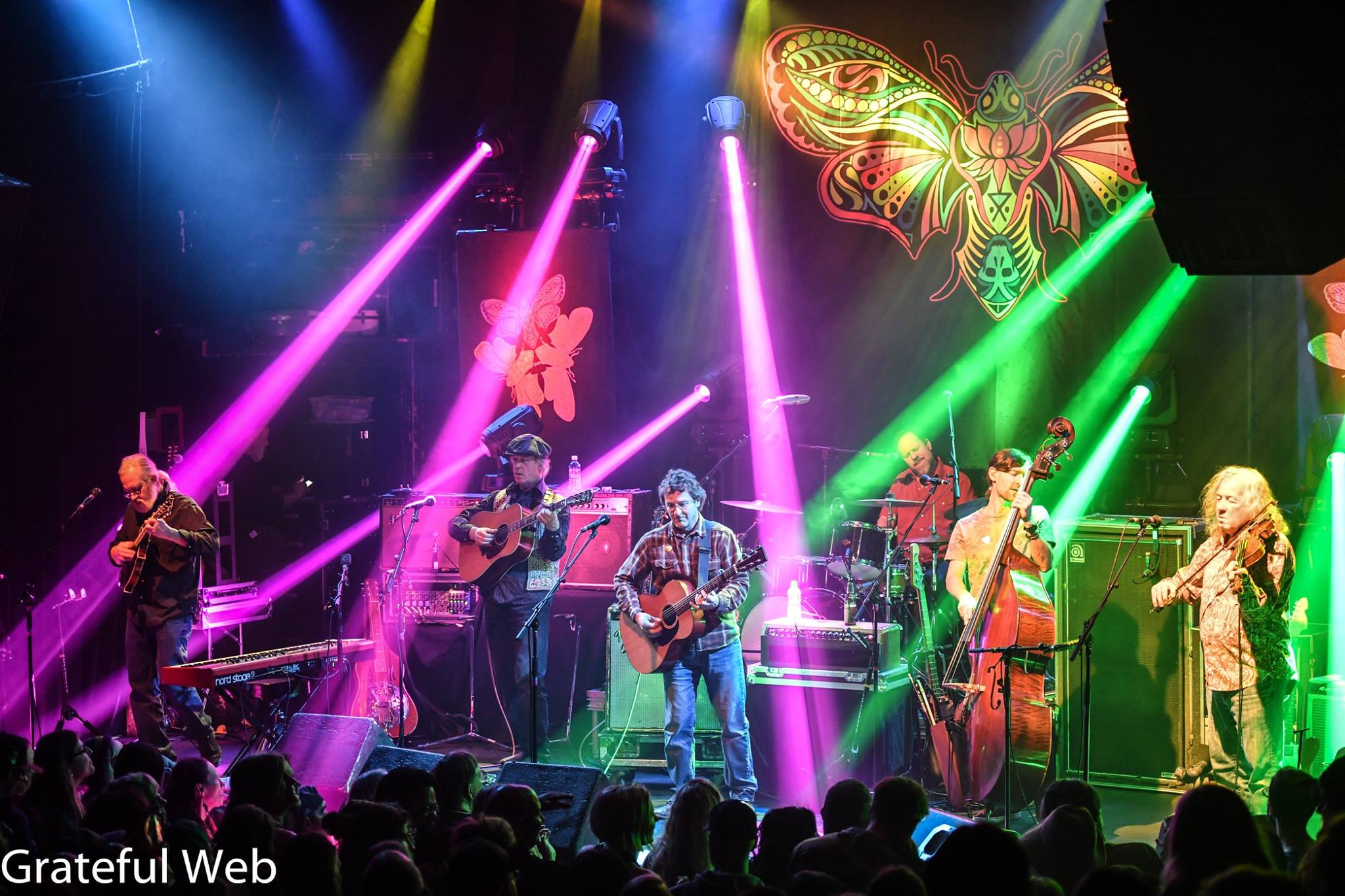
GW: What is it like to create as a group? What does that process look like and what role does everyone play?
JK: “It varies depending on the situation. In the studio, or working together on new things in rehearsal, we all have so many different ideas that we'll often turn a song arrangement or a riff inside and out so many times just to see where it will go, and then arrive back where we started to find that the first idea was still the best. The only rule is; we do our best to execute each idea fully before moving on to the next.”
GW: Can you explain the influence that Irish/Celtic music had on your playing style? Other major influences?
JS: “Traditional Irish music has always been interesting to me, mostly due to the modal quality of the melodies. These are what Bill Monroe referred to as the ‘ancient tones,’ as they occur in bluegrass as well, in the fiddle tunes which are directly influenced by the Celtic fiddle traditions, and in the old style scales that predate the formalization of western tonal music that occurred in the baroque era circa 1600. Hearing that in Celtic music was also a sort of connect-the-dots moment for me in regards to the Grateful Dead. You hear that modal quality in many of the instrumental hooks and riffs in tunes like “Birdsong,” “Playing in the Band,” and in the outro of “Uncle John's Band.”
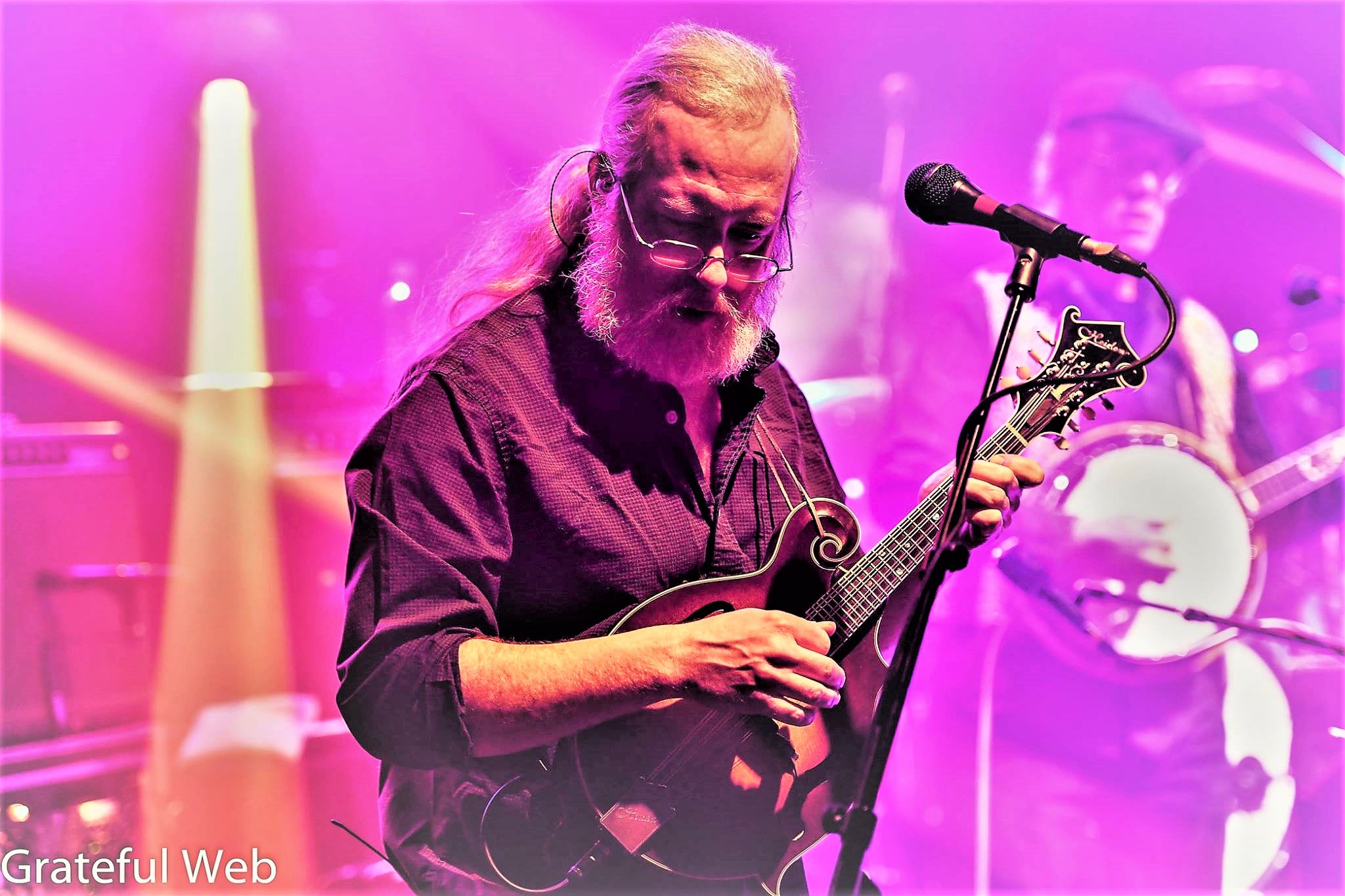
GW: I know you have studied mandolin with Todd Collins. What were the most important lessons you learned from your time with him? Any other players that have left an impression and/or influenced you?
JS: “Todd Collins was a major influence on my life. Some years before Railroad Earth formed, I was a bit adrift in what I was doing musically. I was playing a lot of local gigs here and there and alternately playing piano, guitar and some mandolin with different projects and various singer/songwriters. I knew that I had to get back into some course of formal study, which likely would have been jazz or classical piano, but through some random chance encounters, and the realization that I was finding the mandolin very intriguing, I wound up studying with Todd. Todd was not only a mandolin player, but also had a master’s degree in jazz guitar, so the journey of study with him encompassed a diverse range of music and styles. Bluegrass fiddle tunes alongside Charlie Parker bebop. I didn't have much exposure to the bluegrass festival culture at that point, but per Todd's instruction: ‘Gather up your camping gear, get a cooler full of beer and head up to the Winterhawk (eventually Grey Fox) Festival and join in as many pickin' circles and late night jam sessions as you can.’ I found myself having a profound eye-opening experience—not unlike going to your first Grateful Dead concert— wherein you realize that there's an entire subculture that centers around a sort of music that by and large most people don't even know about. It was there also, sitting on the big hill above the stage on the old Rothvoss farm as the sun was setting, when the Del McCoury band came out and blew my mind with the power and beauty that a true acoustic ensemble can create playing into the open air of a festival setting. I realized then and there that this was how I wanted to hear and experience live music from here on out. No more rock concerts in crowded stadiums where you can't really hear or see the band very well, or noisy rock clubs where your feet stick to the floor. Give me an open field and a bluegrass band playing into microphones.”
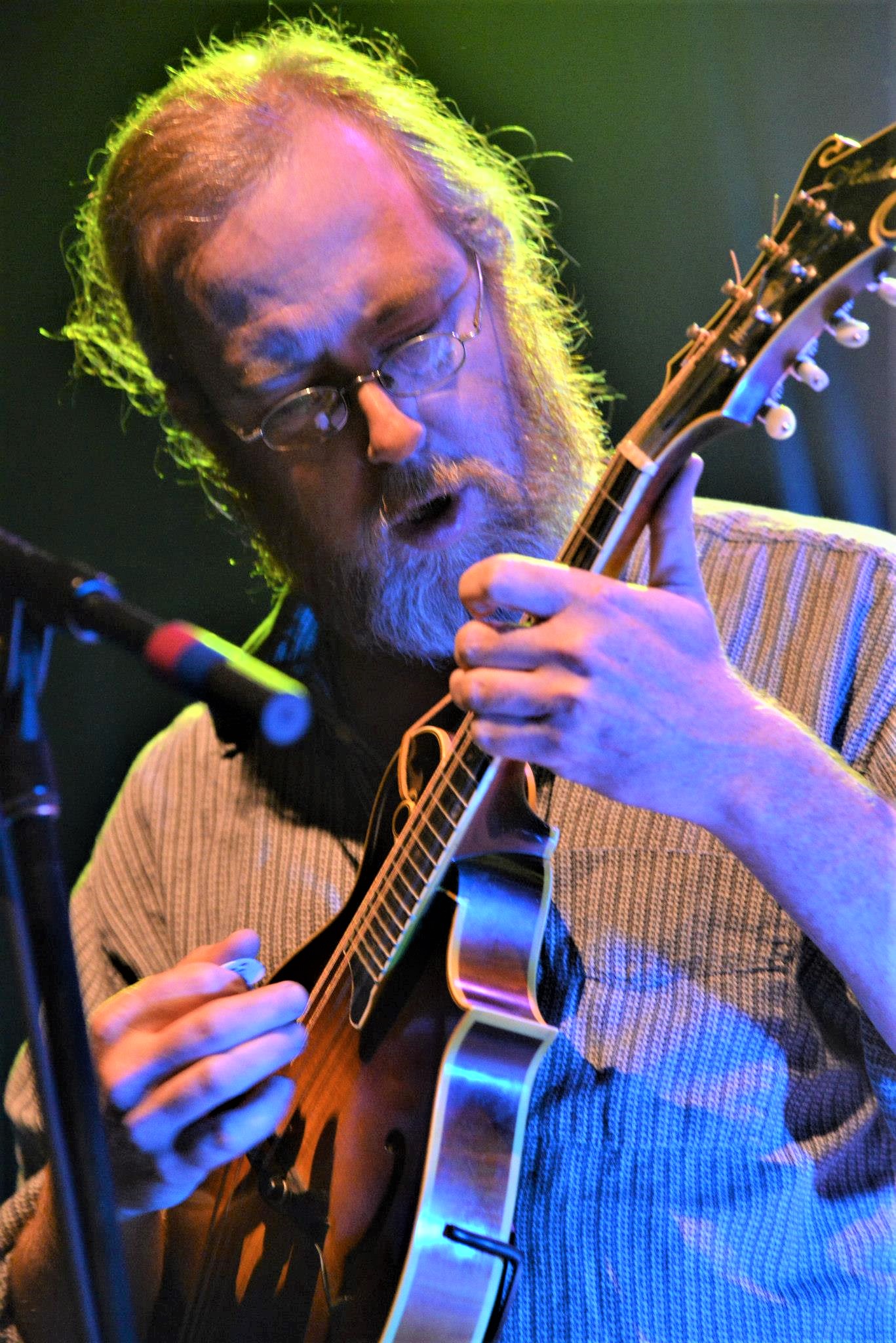
GW: Bluegrass seems to make the blending of genres possible. What are your thoughts on the bluegrass genre today? Is the future bright with 30-year-old Billy Strings selling out arenas?
JS: “Bluegrass has always been a dynamic, evolving art form. What Bill Monroe achieved in inventing the genre was a uniquely American synthesis of other styles that creates something completely new and wholly definable, but still open to limitless expansion and development, just like jazz. It's amazing to see how far all that has grown, and how it has continued to cross boundaries that expand the music, and most especially reach ever larger and younger audiences like Billy Strings does. That's what music needs in order to keep developing and inspiring the next generation of musicians.”
GW: What advice do you have for other aspiring musicians and/or artists?
JS: “I'll quote George Burns on this one. When asked the same question at 90 years of age after a lifetime in show business, his answer was, “Sit down, whenever possible.”





